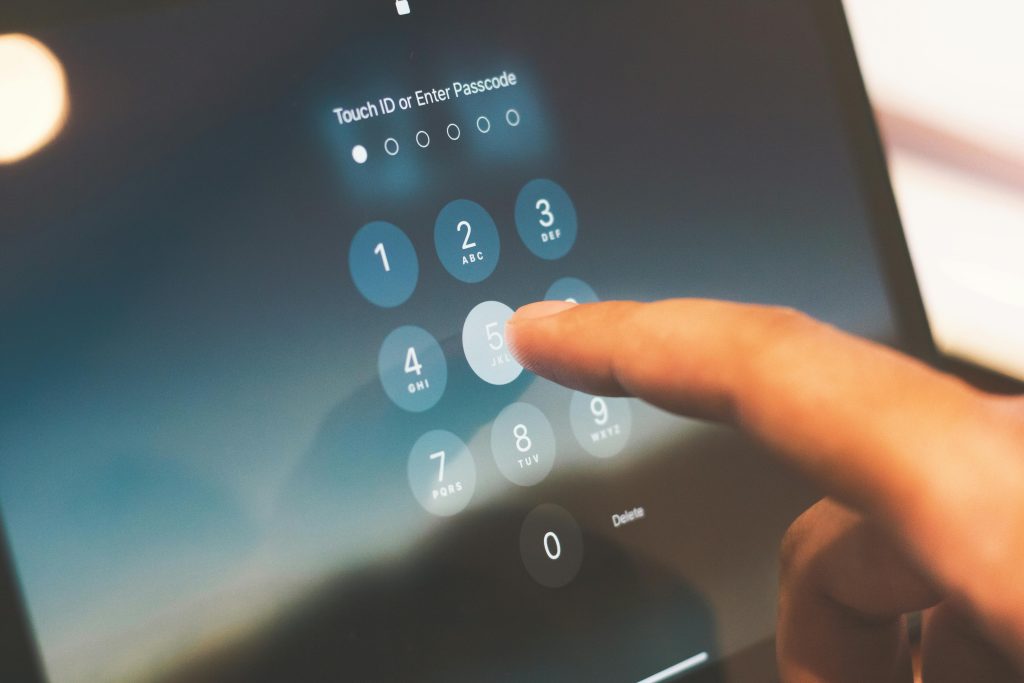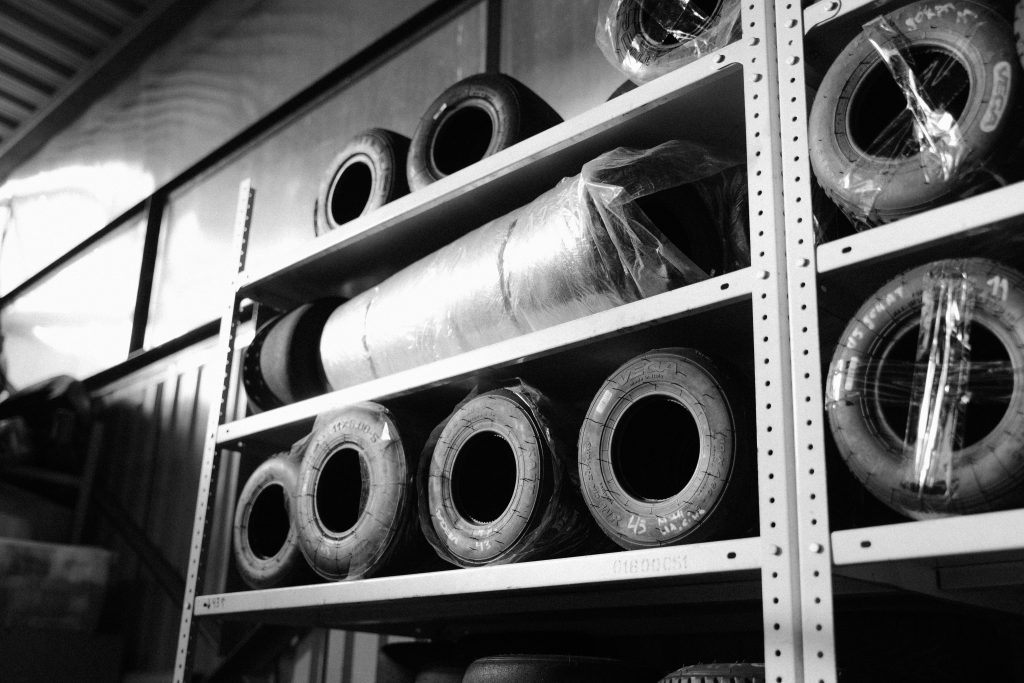Assessing the Impact of Running a 24/7 Server on Your Gaming Laptop: What You Need to Know
Many tech enthusiasts and casual users alike consider hosting a personal server on their laptops, especially for projects requiring persistent availability. If you’re contemplating running your gaming laptop as a server around the clock, it’s natural to wonder about the potential wear and tear, particularly concerning hardware longevity and battery health. This article aims to provide a comprehensive overview of the factors involved and considerations to keep in mind.
The Scenario
Your plan involves operating a server continuously on your gaming laptop with built-in smart features designed to optimize performance and longevity. Specifically:
- Resource Management: The server employs adaptive mechanisms to reduce RAM and CPU usage during periods of inactivity.
- Battery Preservation: The laptop’s smart battery management feature moderates charging cycles to prolong battery life.
- Cooling System: Equipped with dual fans, your laptop offers robust cooling capabilities. Under server loads, the fans operate at only moderate speeds, suggesting effective thermal management.
Potential Concerns
Running a laptop server nonstop naturally raises questions about hardware degradation. The primary areas of concern include:
- Thermal Stress: Even with efficient cooling, continuous operation can generate heat, potentially affecting internal components over time.
- Battery Health: Constant charging cycles, especially at high capacity, can accelerate battery aging. Although smart battery features mitigate some risks, they may not eliminate them entirely.
- Hardware Longevity: Extended, sustained workloads may impact the lifespan of internal components such as the motherboard, storage devices, and cooling system.
The Role of Smart Features and Thermal Management
Your laptop’s smart battery and thermal management systems play a critical role in mitigating potential damage:
- Battery Management: Modern laptops often include features that limit maximum charging capacity or pause charging when the battery is full, reducing cycle counts. These features are effective at extending battery lifespan during continuous use.
- Thermal Control: The dual fans and moderate fan speeds suggest the cooling system maintains operating temperatures within safe ranges, a key factor in preventing thermal stress.
Best Practices for Minimizing Wear
To ensure your laptop remains healthy while running a server 24/7, consider the following recommendations:
- Monitor Temperatures: Use diagnostic tools to keep an eye on CPU, GPU, and internal temperatures.
- Maintain Good Ventilation: Ensure your laptop is placed on a hard, flat surface that allows proper airflow.
- Update Firmware and Drivers: Keep your system’s BIOS
Share this content:



